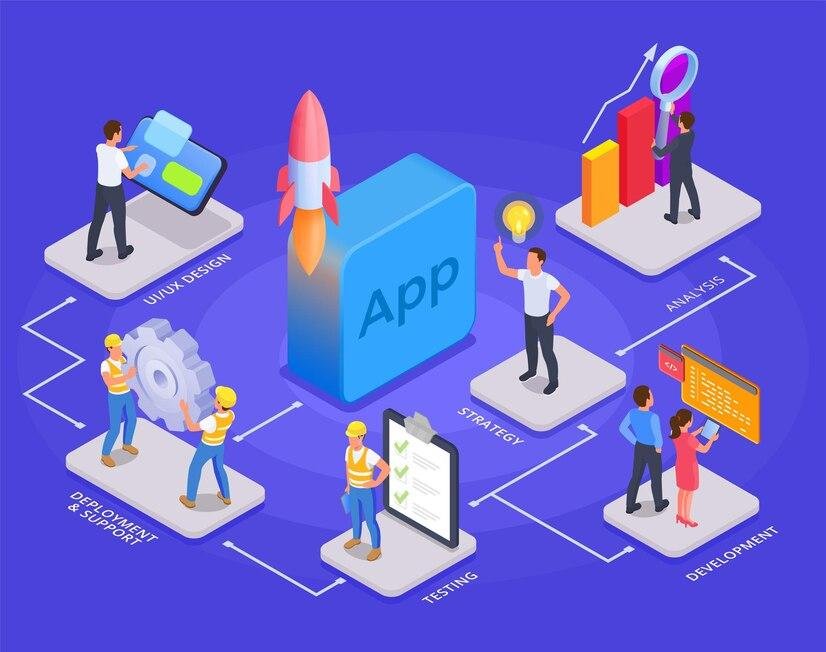In today’s fast-paced digital age, app development has become the cornerstone of technological innovation. With smartphones and tablets dominating the way we interact with technology, the demand for intuitive and efficient mobile apps has skyrocketed. From startups to global corporations, businesses are investing in app development to stay relevant in an increasingly mobile-driven world.
What is App Development?
App development refers to the process of creating software applications designed to run on mobile devices, such as smartphones or tablets. These apps can be built for various operating systems, including iOS, Android, and Windows. The process involves multiple stages, from concept development and design to testing and deployment. Each step is critical to ensuring that the app is functional, user-friendly, and aligns with the needs of its target audience.
Why is App Development Important?
In an era where almost every service and product can be accessed via a mobile device, app development plays a pivotal role in business growth. Apps provide a direct, personalized way for companies to engage with their customers. Whether through an e-commerce platform, a social networking app, or a game, businesses can interact with users in real-time, offering convenience and enhancing customer satisfaction.
Moreover, app development has created new avenues for innovation. Entrepreneurs with unique app ideas can turn their vision into reality, potentially reaching millions of users worldwide. In fact, many of today’s most successful companies, such as Uber, Instagram, and WhatsApp, owe their success to the mobile app platforms they’ve built.
Key Phases in App Development
-
Concept and Planning: The first stage of app development involves brainstorming and defining the app’s purpose. Here, developers and stakeholders outline the app’s functionality, target audience, and goals.
-
Design: A crucial part of app development is designing the user interface (UI) and user experience (UX). This phase ensures that the app is not only visually appealing but also easy to navigate.
-
Development and Testing: After the design phase, developers begin coding the app. During this stage, the app undergoes rigorous testing to ensure it runs smoothly and is free from bugs.
-
Deployment and Maintenance: Once the app is ready, it is launched on app stores. Post-launch maintenance is essential to address any issues and provide updates.
Future Trends in App Development
As technology evolves, so do the trends in app development. Artificial intelligence (AI), augmented reality (AR), and blockchain are becoming integral components of modern apps. These technologies are reshaping industries and offering enhanced user experiences.
In conclusion, app development is more than just building software—it’s about innovation, enhancing user interaction, and driving business success. For businesses looking to thrive in today’s digital landscape, investing in app development is a must.


